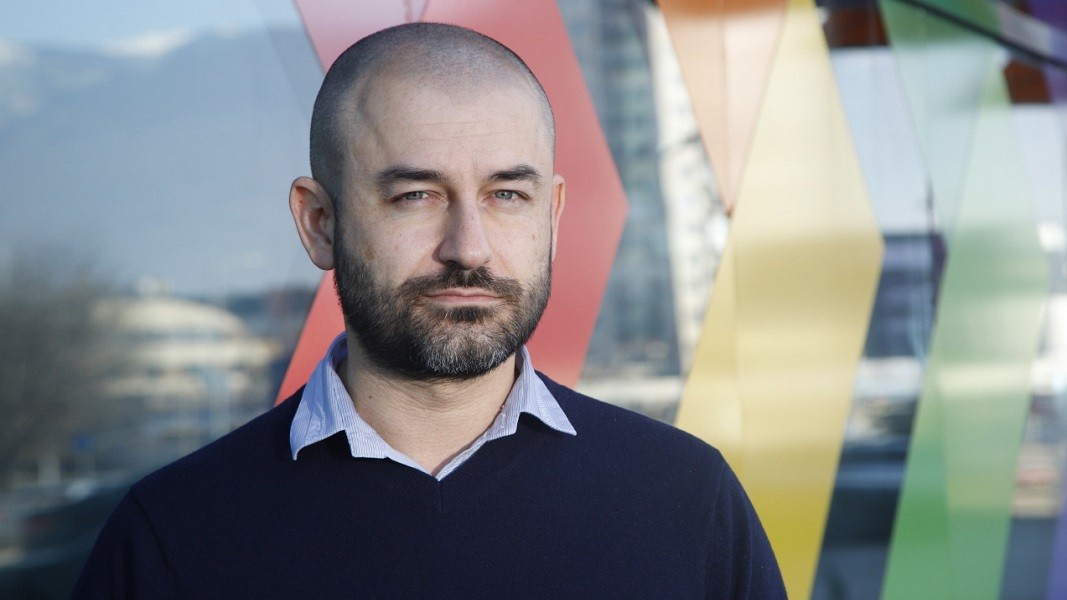In the space of just two months in the conditions of social isolation, remote forms of communication, until recently inconceivable, entered all aspects of our lives. Until not so long ago patients would get in touch with doctors using social media and all sorts of platforms, some not even specialized. This is what gave Bulgarian software specialists the idea to develop a platform providing quick access to a doctor and a virtual examination. The mobile application is downloadable onto a mobile phone or a computer, free of charge, and is easy to navigate and use.
For some doctors who, during the time of social isolation were unable to examine their patients “in the flesh” this application was the only way not to suspend their practice. Their number among those registered on the telehealth platform gradually grew, with the most sought-after doctors in recent weeks being psychiatrists, pediatricians, dermatologists, otolaryngologists and gynecologists.
“It is safe to say that telemedicine worked before the anti-epidemic measures were put in place. They just served to speed up the process of its broader application. I hasten to say that we have no intention of replacing the medical examination as such, we are only providing an additional channel that didn’t exist before,” says Josif Dishliev, co-founder of the platform Healee.

“The idea for the platform came about three years ago,” the IT specialist says. “We wanted to help patients find the right doctor and get in touch with him quickly. On the other hand we wanted to give doctors an instrument – a software application which they could use to organize their online communication with patients. The platform is unique, it has no equivalent. There are insurance companies now which are using it as well.”
The free application provides more than a reliable videoconsultation with a doctor. It can be used to send medical files, laboratory test results, medical photographs and images. Patients are able to provide details of their medical condition and everything needed for a full medical examination.
“The benefits of telemedicine at this time when people are avoiding going to medical establishments, are pretty obvious. It is also suitable for use by the disabled who are homebound, or for people who haven’t got the time to wait at surgeries,” Josif Dishliev says.
There has also been a lot of discussion whether online consultations should be fully or partially reimbursed by the National Health Insurance Fund. For the time being only the downloading and installment of the platform are free of charge. The consultation itself is paid.
“It is paid for by the patient and the money goes to the doctor. Every doctor sets down the price of his or her consultation. In this sense we are a platform connecting the two sides. Judging by the feedback from doctors and their patients we believe that after the situation goes back to normal, even if that takes a long time, the benefits of this platform will remain. The people who have tried it out – and it is a big group – have found it a sensible way to seek help from a doctor.”
Photos: cortesy of Josif Dishliev and BGNES-archiveAccording to a 2023 National Statistical Institute study, more than 88% percent of households in Bulgaria have access to the Internet. Most users are online every day, and more than 95% are active on social networks. The share of people who read the..
Radio Bulgaria, as a program of the BNR published in 11 languages, has an audience spread over six continents. Part of it has a special attitude towards our country and wants to learn more about its history, culture, traditions and..
The international initiative No Elevators Day will be celebrated today with a climb to the fourteenth floor of the College of Tourism in Burgas. Anyone who wants to join in can test their physical strength by participating individually or in a team..
The 10 main risks are facing the country in the coming decade, shows a national expert study entitled "Ten years, ten risks for Bulgaria" , BTA reports...
Bulgaria is increasingly becoming part of the general trend and dynamics of European citizens changing their location. There are no..

+359 2 9336 661
